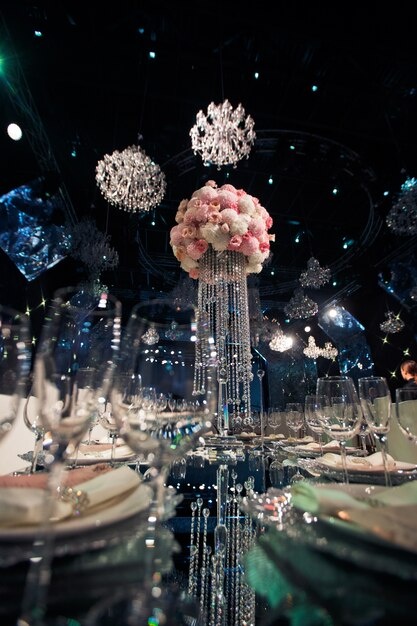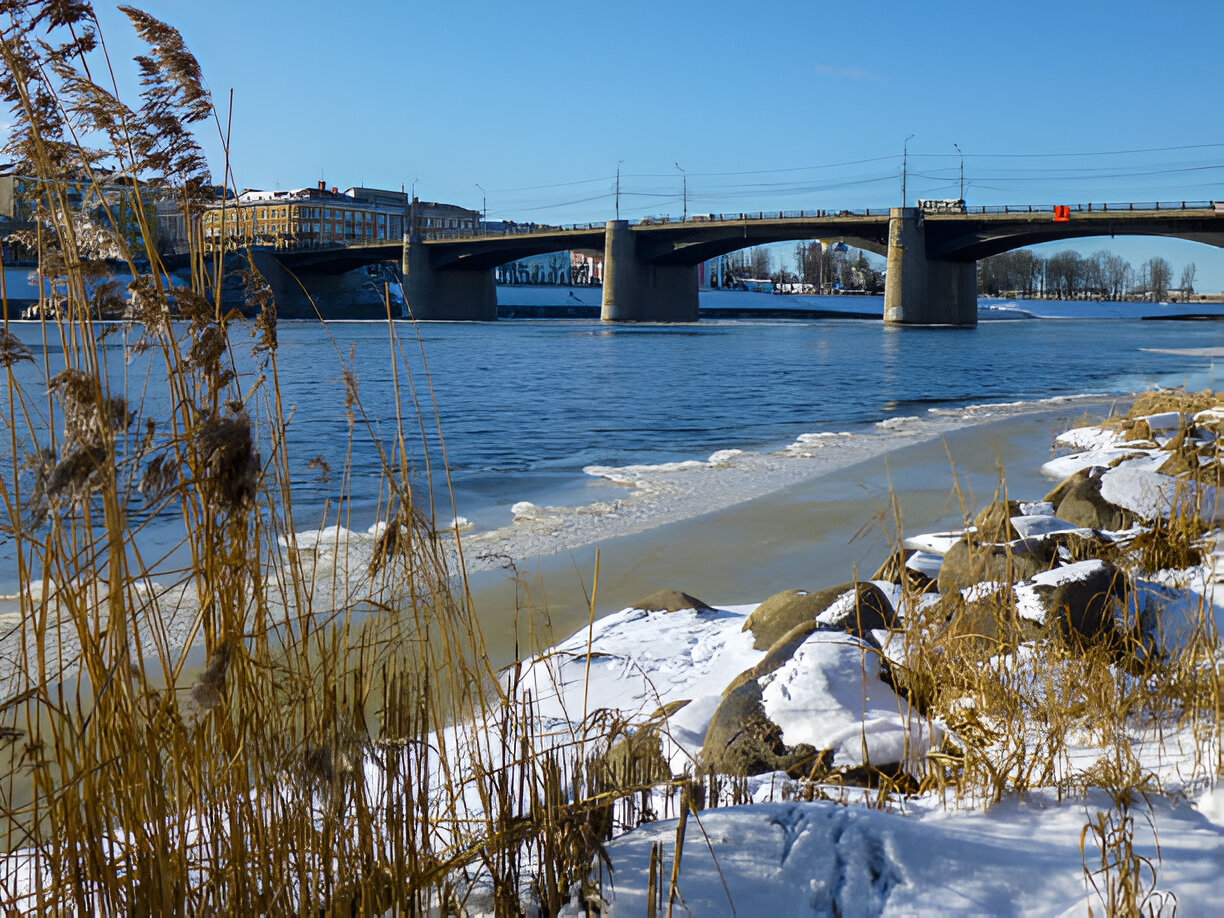Events—from weddings to corporate conferences—have become integral to both personal and business lives. Behind the scenes of each successful event are event planners, professionals who ensure every detail is meticulously planned and executed. For beginners exploring what event planners do, understanding their responsibilities, skills, and the unique value they bring can clarify why they’re indispensable to the event industry.
Here, we’ll break down the essential role of event planners, particularly the unique expertise offered by event planners in UAE, to provide a comprehensive guide on what they do and why it matters.
1. Understanding the Event Planner’s Role
At its core, an event planner’s role is to handle the logistics and details of an event, from conception to completion. This involves working closely with clients to understand their vision and transforming it into a reality. Event planners coordinate various elements like budgeting, venue selection, vendor management, scheduling, and more. They serve as the primary point of contact, ensuring that all aspects of the event are cohesive and run smoothly on the day.
Event planners are problem solvers, organizers, negotiators, and designers all in one. They ensure that each event element—from the color of the linens to the timing of the keynote speech—aligns with the client’s objectives and vision.
2. Meeting with Clients and Understanding Their Needs
A significant part of an event planner’s role involves consulting with clients to determine their specific needs and preferences. Event planners ask essential questions to grasp the event’s purpose, size, theme, and budget. This initial meeting sets the foundation for the entire planning process. They take into account the target audience, desired atmosphere, and specific goals to create a tailored plan.
Understanding the local culture, traditions, and expectations plays a vital role, particularly when planning weddings, corporate events, and social gatherings. This expertise in cultural nuances helps them deliver personalized and impactful experiences.
3. Budgeting and Financial Management
One of the most critical skills for an event planner is budget management. Clients typically have a clear budget in mind, and it’s the planner’s job to allocate funds strategically. They help clients understand where to invest their money to get the most impact while staying within budget constraints.
Professional event planners use budgeting tools and software to track expenses, forecast costs, and allocate resources wisely. In regions like the UAE, where costs can vary significantly based on venue, vendor, and time of year, event planners have valuable knowledge in finding cost-effective solutions without compromising quality.
4. Venue Selection and Coordination
The choice of venue can set the tone for the entire event. Whether it’s a hotel, outdoor garden, or conference hall, an event planner evaluates options based on the event’s scale, theme, and budget. They consider important factors such as location, capacity, ambiance, and amenities.
Event planners in UAE often have connections with premier venues across Dubai, Abu Dhabi, and other cities, which allows them to negotiate favorable rates and secure in-demand locations. These planners understand the logistical considerations of each venue, including setup and teardown requirements, which simplifies coordination on the event day.
5. Working with Vendors and Suppliers
Event planners are responsible for identifying and hiring vendors that align with the client’s vision and budget. This includes caterers, photographers, florists, musicians, and other service providers. They review contracts, negotiate terms, and serve as the primary liaison to ensure every detail aligns with the event’s needs.
One advantage of working with experienced event planners in UAE is their established network of reliable vendors. This network not only helps in sourcing high-quality services but also often leads to discounted rates or priority bookings, which can be particularly beneficial for high-demand dates and locations.
6. Designing the Event Concept and Theme
An event’s theme and design play a crucial role in creating a memorable experience. Event planners work with clients to develop a cohesive aesthetic that matches the event’s purpose. This involves designing color schemes, selecting decor elements, and curating the overall look and feel.
For example, in the UAE, there is a high demand for luxurious and culturally nuanced event themes, particularly for weddings and corporate gatherings. Event planners understand how to incorporate traditional elements with modern design, creating a blend that resonates with the attendees and aligns with the client’s brand or personality.
7. Creating Detailed Schedules and Timelines
To ensure smooth execution, event planners create comprehensive timelines for the entire event. These schedules include specific times for vendor arrivals, guest seating, meal service, speeches, and more. Timelines help keep everyone on track, minimize delays, and ensure that each moment flows seamlessly.
A detailed timeline is especially essential for large-scale events or corporate gatherings with a packed schedule of activities. Event planners meticulously coordinate these schedules to avoid any overlap or confusion, ensuring a stress-free experience for clients and guests alike.
8. On-the-Day Event Coordination
The day of the event is when all the planning efforts come together. Event planners oversee every aspect to ensure things go smoothly. They manage setup, direct vendors, troubleshoot any issues, and ensure guests are comfortable and happy. Their presence ensures clients can focus on enjoying the event rather than worrying about the details.
Event planners in UAE often cater to large, high-profile events that demand impeccable execution. Their experience and professionalism in managing these high-stakes events provide peace of mind for clients, who know that each detail is being taken care of by a professional.
9. Troubleshooting and Problem-Solving
Even with meticulous planning, unexpected issues can arise during an event. Whether it’s a vendor delay, technical problem, or weather disruption, event planners are adept at quick problem-solving. They have contingency plans in place to address common issues, ensuring minimal disruption to the event.
Event planners are skilled at staying calm under pressure, making them the go-to person for handling any unforeseen challenges that arise.
10. Post-Event Evaluation and Follow-Up
After the event concludes, a professional event planner will often follow up with clients to evaluate the event’s success. They gather feedback, analyze what worked well, and identify areas for improvement. This step is especially crucial for recurring events, where insights can help refine future planning and enhance client satisfaction.
For event planners in UAE, this follow-up process may also involve managing invoices, finalizing payments with vendors, and sending thank-you notes to attendees, helping maintain long-term relationships with both clients and suppliers.
Wrapping Up
Event planners play an indispensable role in creating successful events by managing every detail, coordinating with vendors, and troubleshooting challenges along the way. From conception to follow-up, their expertise allows clients to enjoy stress-free events that leave lasting impressions. For anyone planning an event, especially in a high-demand region like the UAE, hiring experienced event planners in UAE can provide invaluable support, cultural insight, and local connections to ensure a memorable and seamless event experience.
Understanding what event planners do not only sheds light on their value but also highlights why they’re essential partners in bringing any event vision to life.




